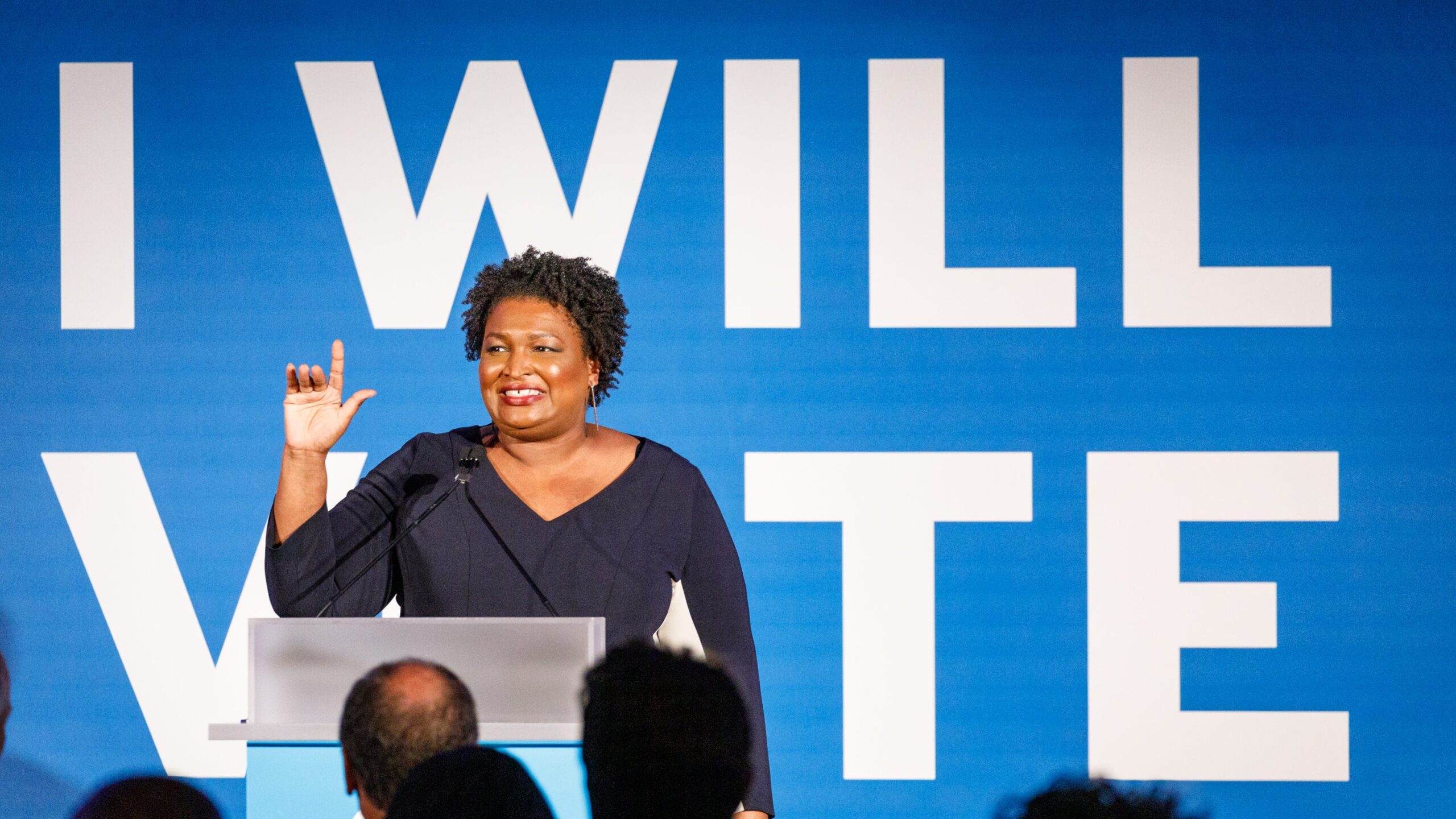by Sarah Dodgson, Enfield for Europe
Amid all the sturm und drang coming out of USA, a quiet revolution has also had an effect this week. Stacey Abrams and LaToya Brown have shown that two women, who did not take defeat easily, can turn around an entrenched political regime (see https://www.theguardian.com/us-news/2021/jan/07/georgia-senate-runoff-black-voters-stacey-abram).
There has been a lot written about how they did it and the “kitchen table” effect in politics. I find this intriguing, because it is something that some of us in the Women’s Equality party have been doing instinctively for years. It is now being noticed as a technique because it has elevated (ahem male) politicians into power.
Even in Grassroots for Europe, I am challenged about “why can’t I see what Women for Europe are doing?” and the answer is because what we are doing is not about the people asking us this question. It isn’t even about big numbers.
It is about changing the minds of the people who come to your kitchen table to talk about something else.
Social media influencers will talk about size, bigger numbers, more outreach. Our heroes, who I was delighted to see at Wednesday’s Grassroots for Europe open call, Mike and Femi, have followings we can all be envious of and the work they do is phenomenal to keep that going, to inspire and enthuse. Follow them, amplify them, use their techniques.
But when it comes to conversion, there is a choice of a different way of doing things.
Those of us operating in the faith community climate know all about this. From Alpha course local discussion groups to parish retreats, to newsletters, local Faith Forums and Covid response teams, we know the power of “the seven-fold light touch” and the “let your light shine” mantras.
Big crowd numbers, the Mega Churches have their place, but it is in quiet conversations that the real hearts and minds work is done. That is just as true on social media as it is in real life, just as true in politics as faith.
Before you get me wrong, this is not about “nice Christian recruitment”, this is about the social work, done by many faith communities, to help people find a spiritual place where they might be happy, often after damage has been done elsewhere. A lot of similar damage has been done by the “faith” in Leave that their adherents had. Many were beguiled, and now feel betrayed, by a hearts and minds movement that appealed to something fine in their thinking. To use faith speak, many now feel they have “sold their souls for a mess of pottage”.
The problem is that most people see Social Media as a big public arena where the person who shouts loudest and has the biggest crowd behind them, wins. This is the thinking of voting-led binary democracy. It is about the short-term win. But the work we have ahead of us now as Pro-EU people is about long-term conversion.
The activists in Georgia started small and won over the people in their immediate circle – what the professional social media trainers will call your “golden circle”, the people who listen to you because they like you, because they understand where you are coming from.
A lot of people listen to those of us who speak about a values-led geo-political bloc, instead of talking about trade and economics. When I say “LGBTI people have a hard time in some countries, it is much easier if they can move somewhere friendlier” to a Leave person with a much loved LGBTI family member, I don’t have to talk about Brexit or even the EU to get the message across that there are benefits to free movement.
Currently, Best for Britain are asking us to talk about how difficult it is for women and girls to access reproductive services in lockdown, particularly if they live in a culture that disapproves. From that conversation, it is an easy step to talking about living in a whole country (ahem Poland) where that is the case. Particularly in Northern Ireland, where there is a deep understanding of the health inequalities of having to travel to find what you need. “Isn’t it hard when people cannot travel easily?” has a complicated resonance.
But the women I can have that conversation with are not going to come to my kitchen table or Zoom chat or social media space, Facebook group or WhatsApp to talk about Brexit or the EU. They have come to talk about women’s sexual and reproductive choices, and often not from a liberal humanist point of view. It is up to me to mention in passing about getting registered to vote and then supporting a geo-political power that will help them and their sisters escape in whichever direction they choose. These are spaces and conversations that we need to create now, because the other side are already all over this kind of work, and we can see them doing it in our spaces already (Tampon tax? Really?).
So, sorry guys, you probably cannot see what Women for Europe are up to, because we are not talking about your stuff, or doing it your way.

